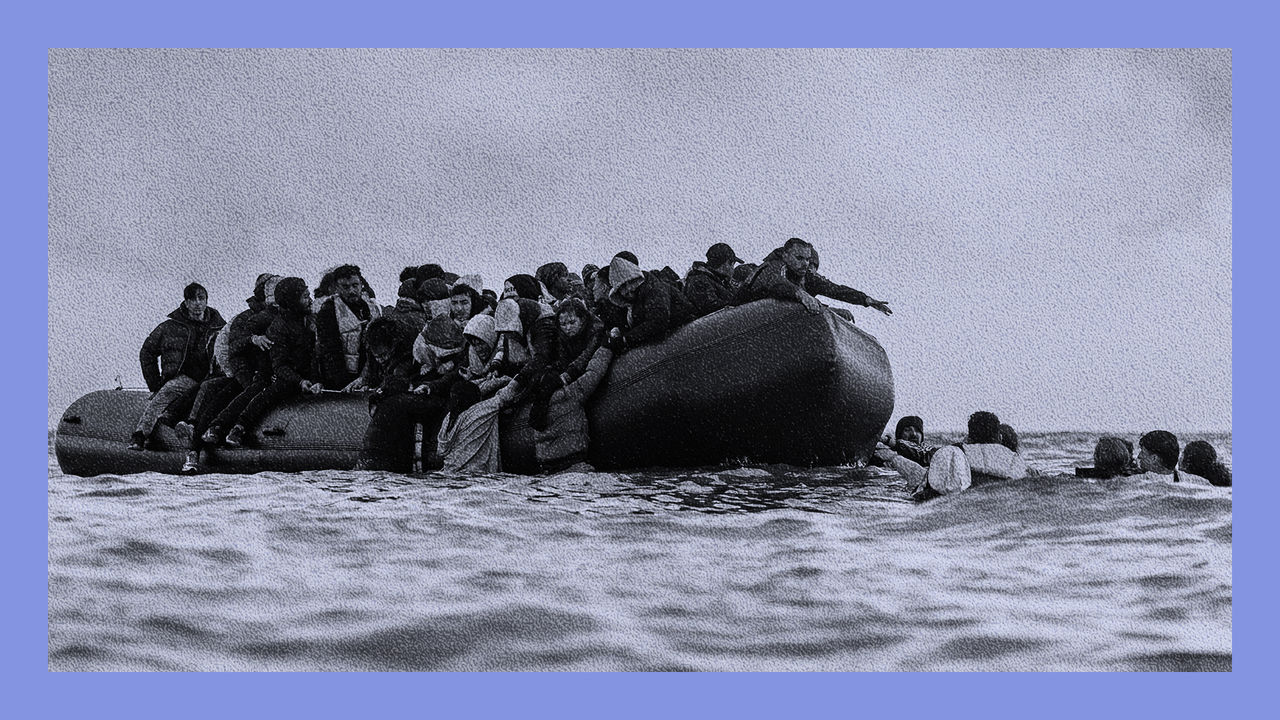Waves of Profit: Inside the Dangerous Human Smuggling Networks Crossing the English Channel

Today's podcast explores two compelling global stories: the devastating wildfires sweeping across East Asia and the shifting dynamics of international relations as the United States and Europe experience a growing diplomatic disconnect. Join us as we delve into the environmental challenges and geopolitical tensions reshaping our world, offering insights into the complex interactions between climate, politics, and international cooperation.
